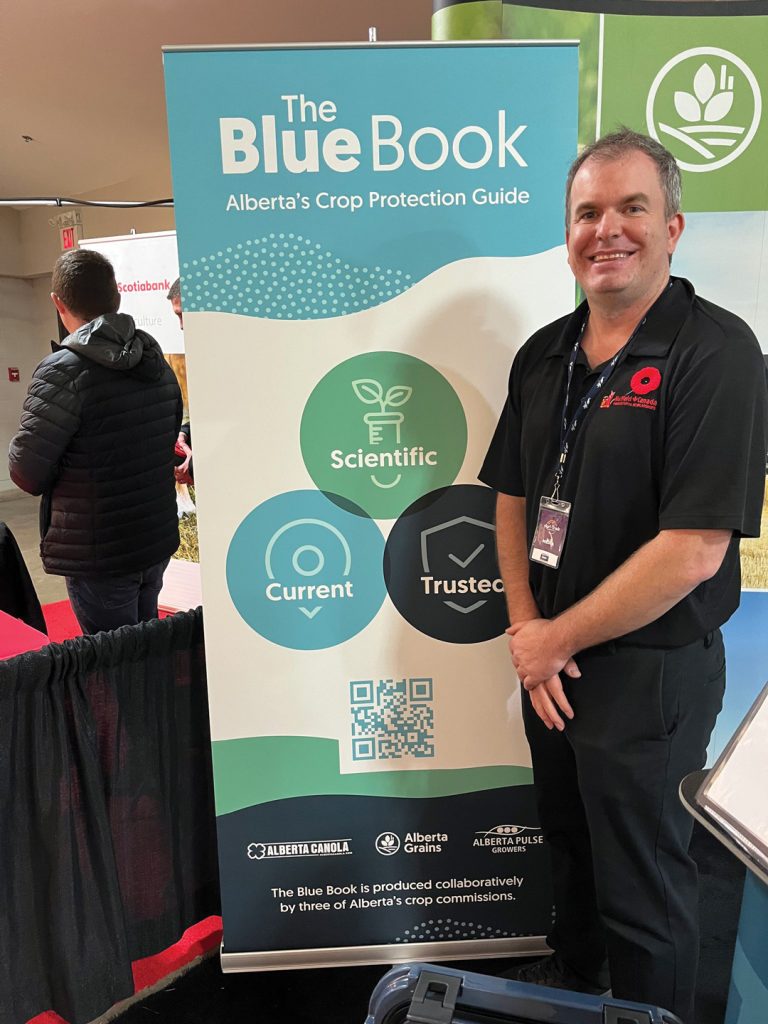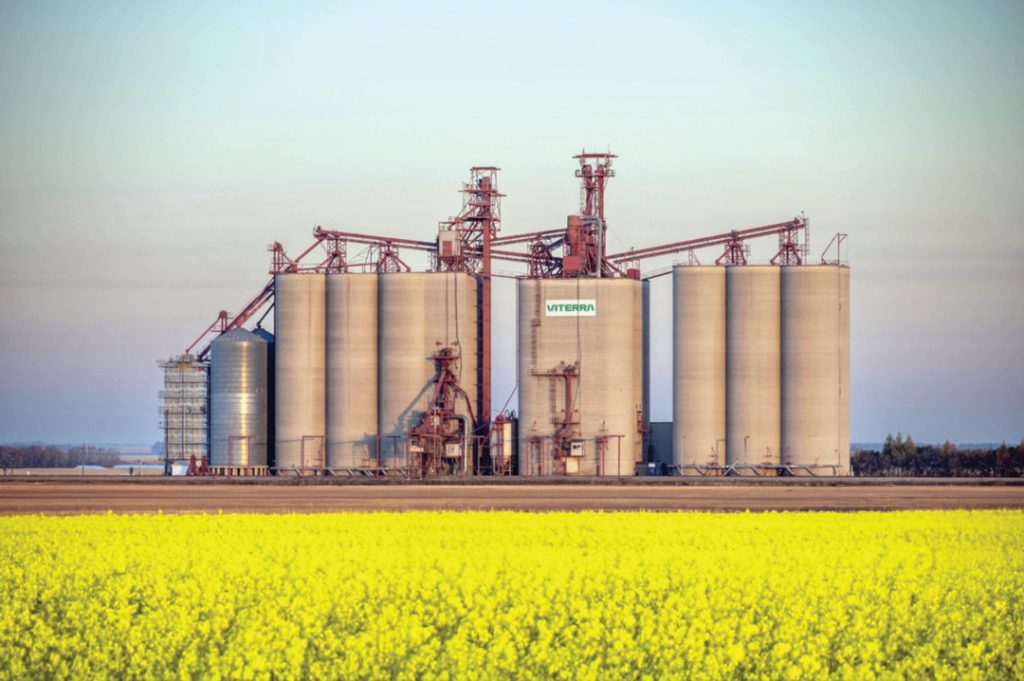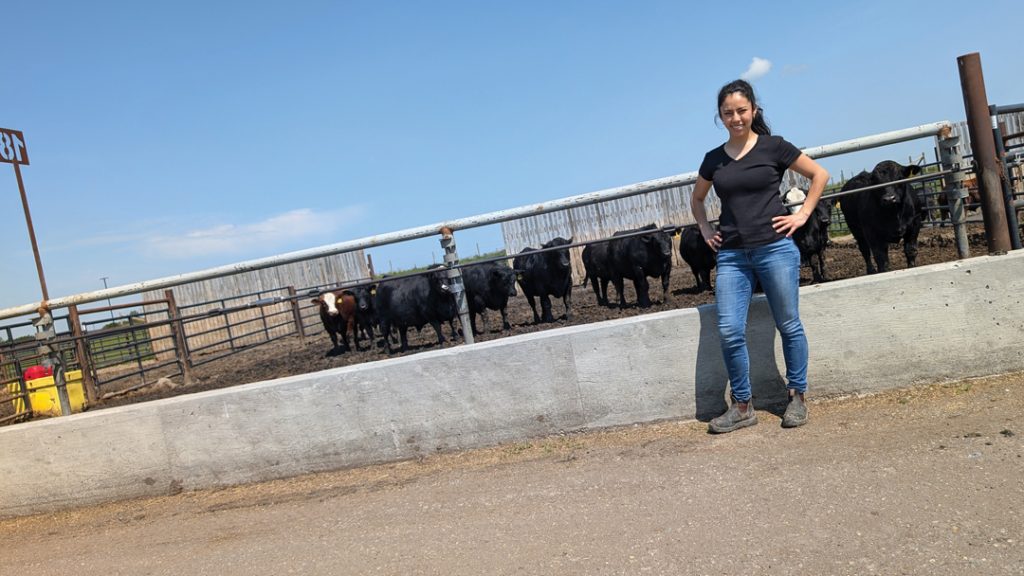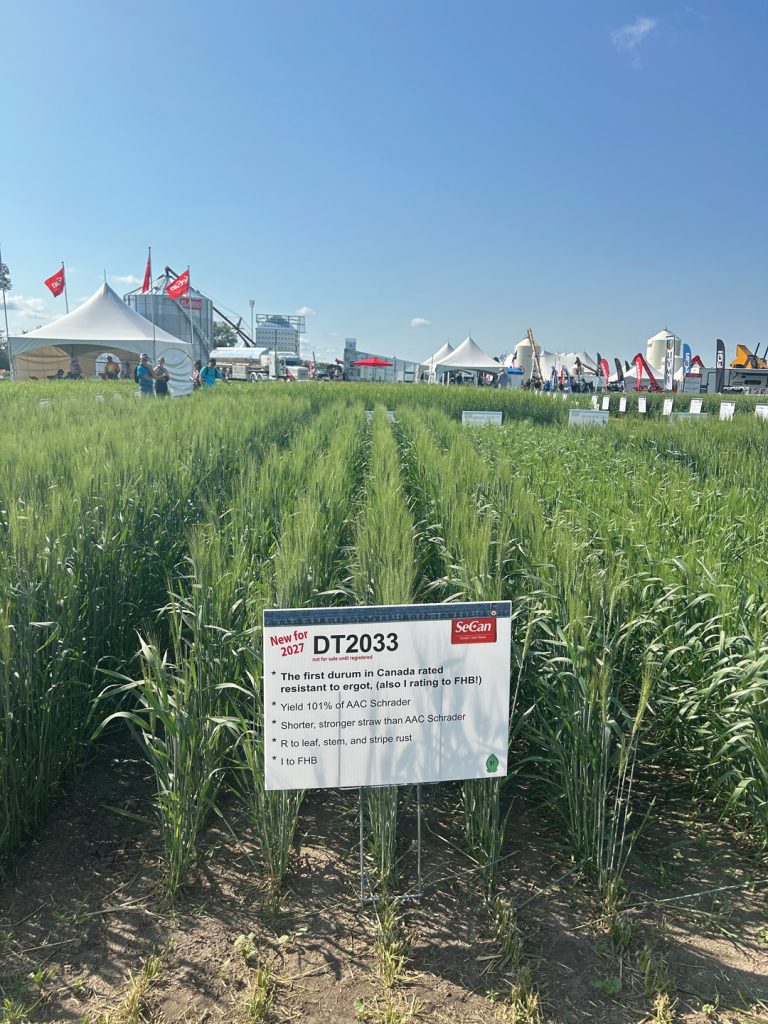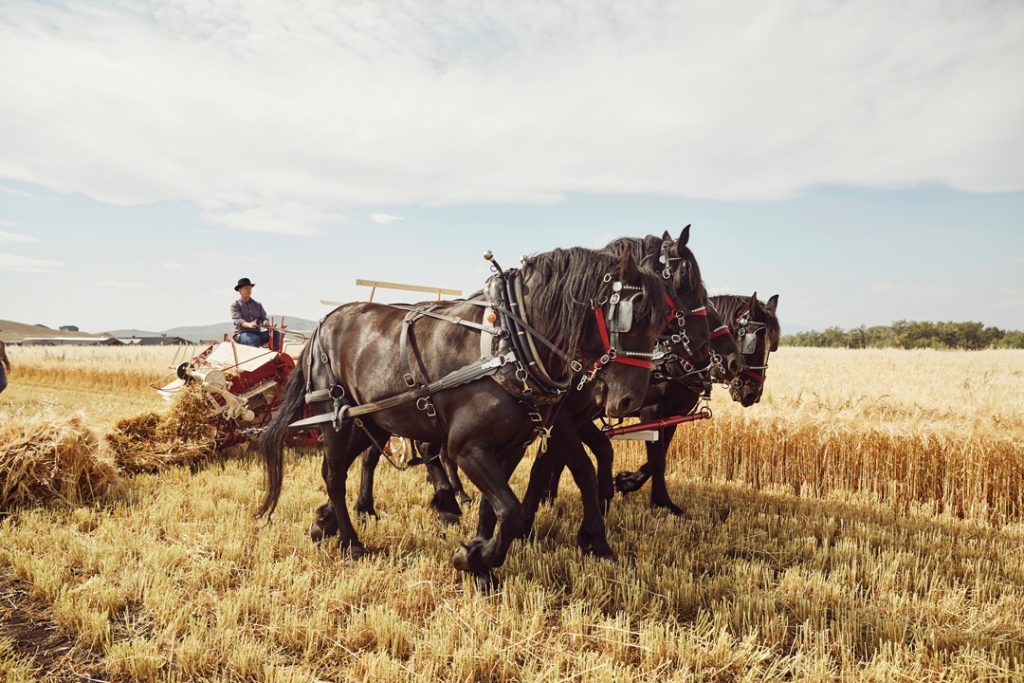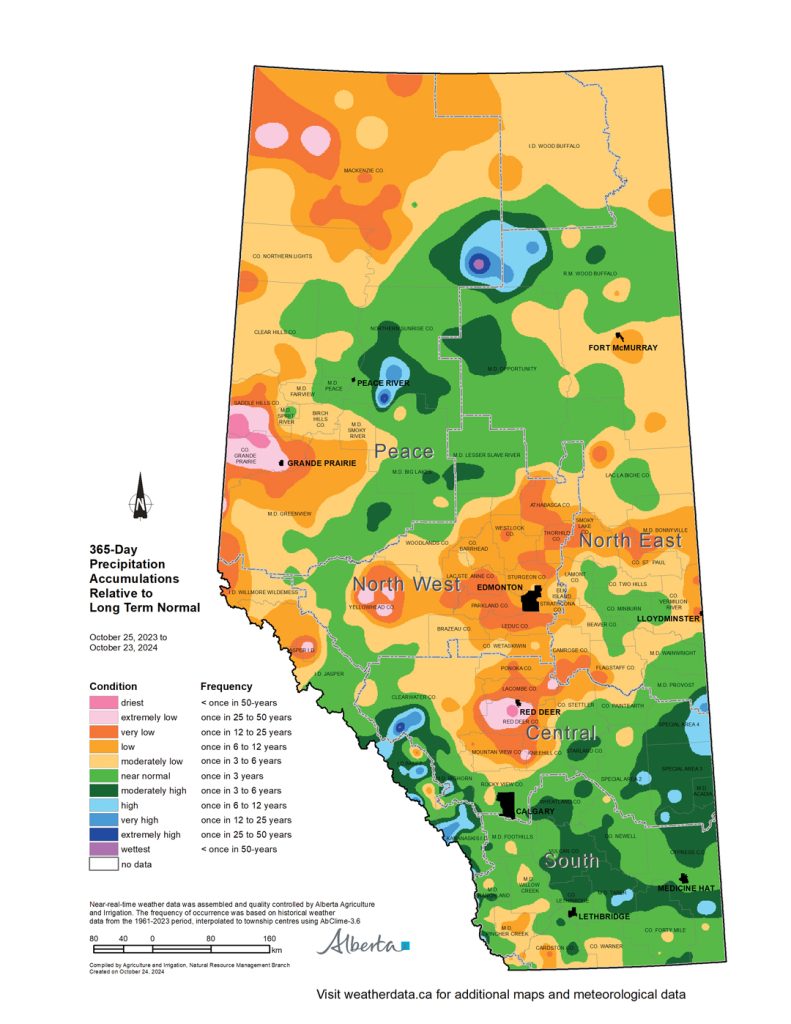THE WAIT IS (NEARLY) OVER
BY TREVOR BACQUE • PHOTO COURTESY OF CORTEVA It’s taken many years of research and policy discussions, but it’s almost here. By 2027, American farmers will be able to purchase and grow hybrid wheat. Late in 2024, Corteva Agriscience announced its proprietary hybrid wheat system that pushes yield potential by 10 per cent and up […]





